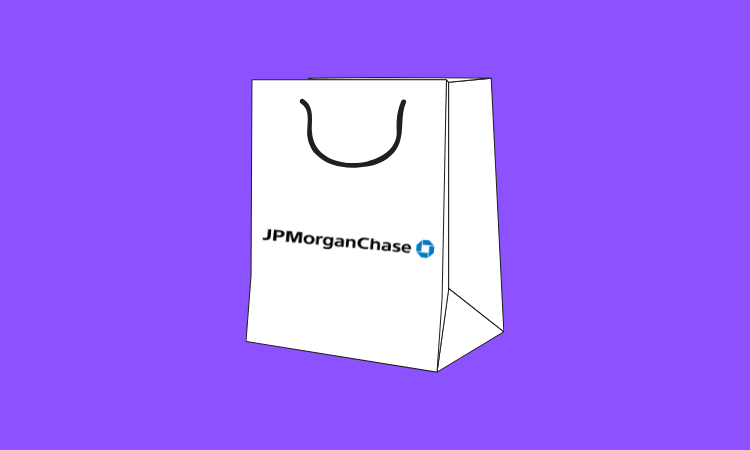Member Exclusive
Cheat sheet: JPMorgan acquires investment app Nutmeg
- JPMorgan acquired Nutmeg as it prepared to launch a digital bank in the U.K.
- Nutmeg makes investment decisions for customers based on an algorithm.








